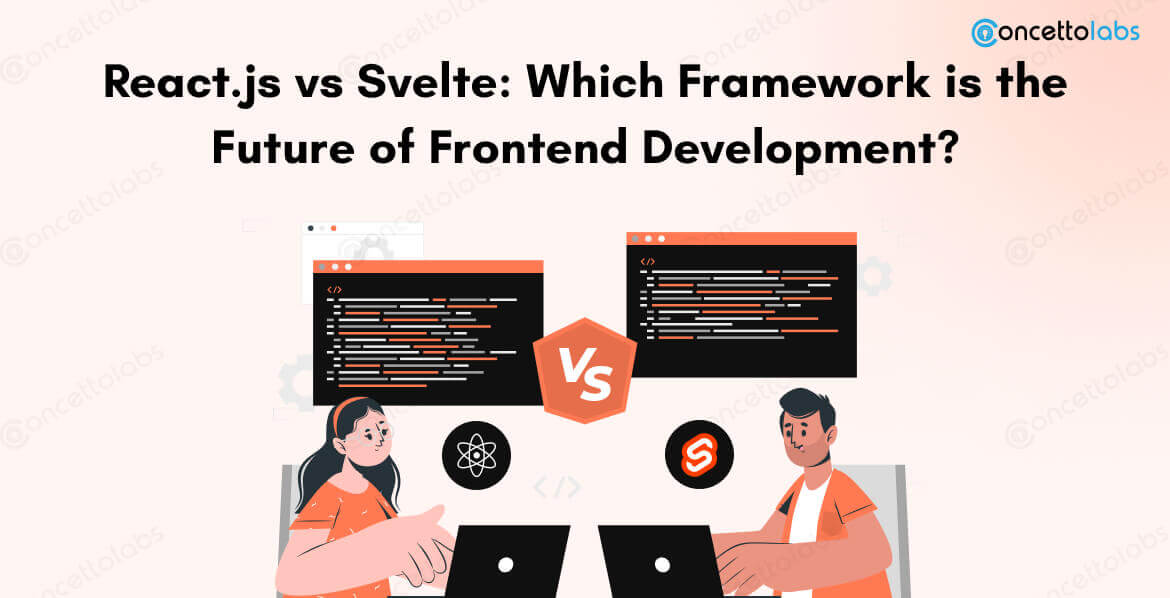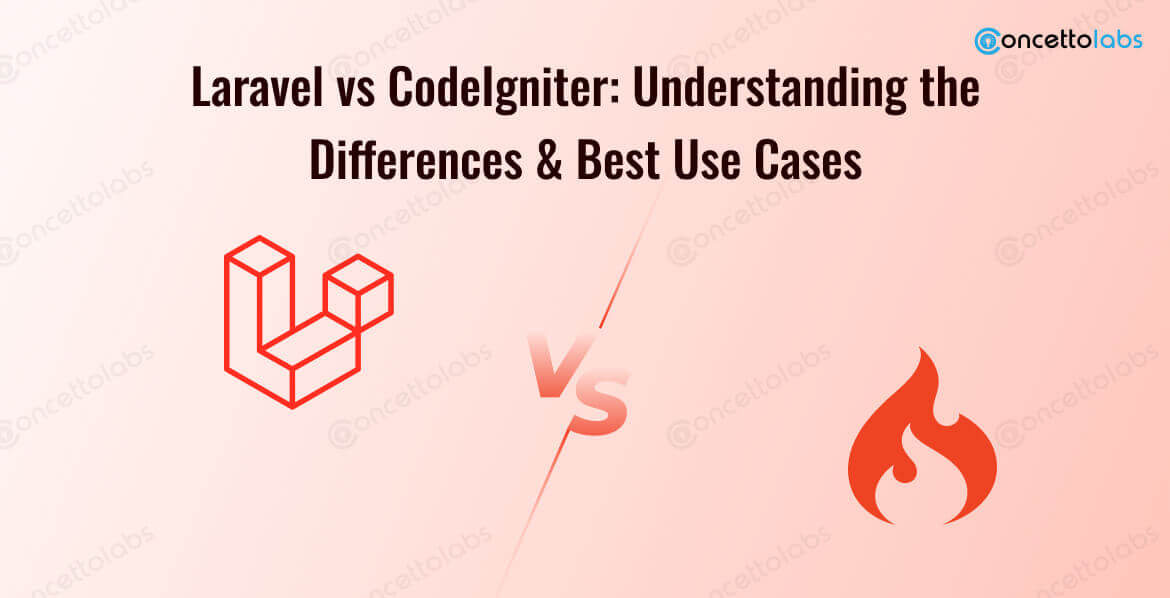
Node.js vs io.js | Although there is no clear winner among the two, each of them stands out in their way to impress its prospects. So let’s study them in detail on a comparative note, so as to give you a clear picture of which one suits you best.
Node.js has been forked! The big tech world news.
But was it that big, when Node has already been forked in the past? Remember JXcore. And this time, four of the top contributors of Node.js are part of this forked activity. The main reason behind this forked project io.js was the fact that the number of commits on node.js over the past few years had measured a declining trend.

And also one of the other prime reasons was dissatisfaction in the way the project was being handled by Joyent. Efforts were made by some of the core contributors to provide a proper structure to Node and solve the problems related to it, to some extent, but in vain. In the name of ‘Node Forward’ independent efforts were made to improve the Node ecosystem, but that too was a failure.
So finally Fedor Indutny, one of the prime team members, came up with the fork named io.js. Others followed the league.
Here is all you need to know about io.js
- It is forked out of Joyent’s Node.js v0.12
- Thoroughly compatible with the npm ecosystem
- Version based on server, starting with v1.0.0
- Weekly production releases are planned
- Bug fixes cherry-picked from Node into io.js as necessary
- Open Governance Model: Thus, more power to contributors
- Up for new V8 releases at the earliest
- js is on V8 v4.1.0.14, while Node is still on V8 v3.28.73
- Newer V8 brings in many performance improvements and fixes
- Also, brings in additional support for new ES6 language features
- New (experimental) core modules
- V8: interfacing directly with a V8 engine
- smalloc: managing external raw memory allocation/deallocation in JavaScript
Io.js has strongly proved that the enhanced growth of the project is all because of open governance.

But in spite of this proof by io.js, there are two sides to each statement of the forked story.
1st side
- Open governance means distributed control
- Immediate releases
- Newer version V8
- Benefits of ES6
2nd side
- Why make a switch when the Node is fairly stable and production-ready?
- The technical face of newer V8, ES6 support, etc, is not enticing enough
- There are not uncontrollable complaints from corporate regarding the slow release from Node
So whether io.js is an acceptable match or not, it solely depends on its prospective consumer.
An amalgamation of Node.js vs io.js
Since Node.js vs io.js was never intended to compete with Node, the chances of them getting hitched were always pretty big. And finally, this good big thing did happen. The entire amalgamation story between the two can be concluded in one single liner fact as the io.js code rep will serve as the base, whereas the name of Node.js will be used. This union between the two relieved several developers from the stress of choosing one amongst the two sides of the same coin.

Curious Who Takes the Spotlight—Node.js or io.js?
Uncover the battle of the runtimes in "Node.js vs io.js: Who Mimes Better?"
Contact Us








 Indonesia
Indonesia
 Botswana
Botswana
 USA
USA
 Italy
Italy
 Panama
Panama









 USA
USA UK
UK Saudi Arabia
Saudi Arabia Norway
Norway India
India Australia
Australia